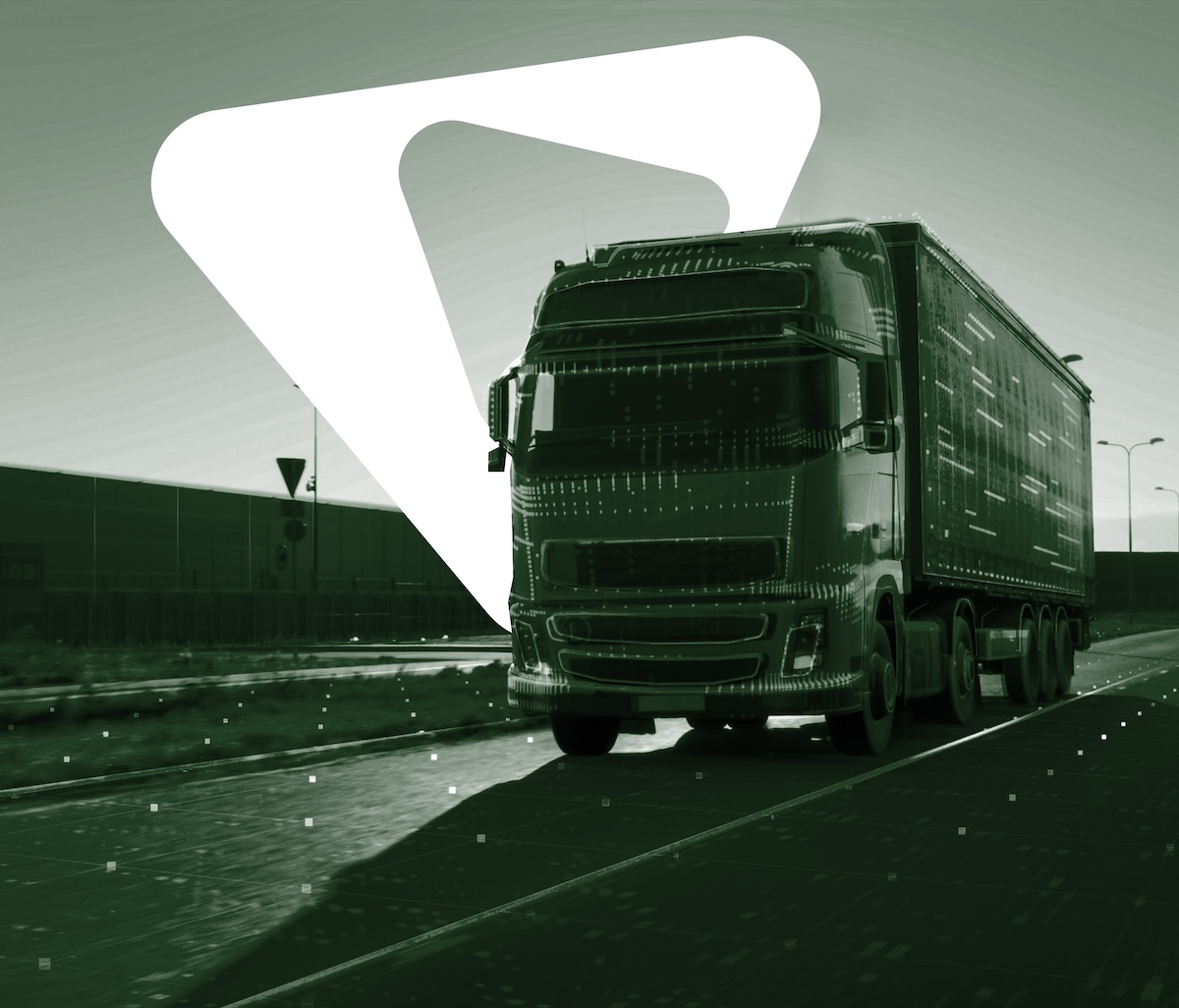The logistics industry is undergoing a profound transformation, driven by advancements in technology and automation. One of the most exciting developments is the rise of autonomous vehicles (AVs), which are poised to revolutionise the way goods are transported around the world. As logistics companies look for ways to enhance efficiency, reduce costs, and improve safety, AVs are becoming an increasingly viable solution. In this article, we explore the current state of autonomous vehicles in global logistics and what to expect in the coming years.
Current State of Autonomous Vehicles in Logistics
Autonomous vehicles are already being tested and deployed in various logistics applications, from warehouses to last-mile delivery. Major companies, including Amazon, Walmart, and Waymo, are investing heavily in AV technology. For instance, Walmart has partnered with autonomous delivery service Gatik to deploy self-driving trucks for short-haul deliveries, while Amazon’s investment in Zoox aims to create fully autonomous delivery vehicles.
These vehicles leverage cutting-edge technologies, including lidar, cameras, and artificial intelligence, to navigate and make real-time decisions. As a result, they can operate with minimal human intervention, offering significant potential for efficiency gains.
Enhancing Efficiency and Reducing Costs
One of the primary advantages of autonomous vehicles is their ability to enhance operational efficiency. By eliminating the need for human drivers, logistics companies can reduce labour costs and address the ongoing driver shortage affecting the industry. AVs can also operate around the clock without breaks, maximising utilisation and increasing delivery speed.
Moreover, autonomous vehicles can optimise routes in real-time, reducing fuel consumption and improving overall supply chain efficiency. By minimising idle time and optimising load capacities, logistics providers can realise substantial cost savings while also lowering their environmental impact.
Safety and Compliance Improvements
Safety is a critical concern in logistics, and autonomous vehicles have the potential to improve safety outcomes significantly. AVs are equipped with advanced safety features and can react faster than human drivers to changing road conditions. By utilising data analytics and machine learning, these vehicles can continuously improve their driving performance, reducing the likelihood of accidents.
Additionally, the automation of logistics operations can help companies ensure compliance with regulations and industry standards. AVs can be programmed to adhere to traffic laws and safety protocols, minimising the risk of violations and associated penalties.
Challenges and Considerations
Despite the potential benefits, the widespread adoption of autonomous vehicles in logistics faces several challenges. Regulatory hurdles remain a significant barrier, as governments worldwide work to establish frameworks for AV operation. Additionally, public perception and acceptance of autonomous technology will play a crucial role in its integration into logistics networks.
There are also technical challenges to overcome, such as ensuring reliable connectivity, data security, and the ability to navigate complex urban environments. Logistics companies must address these issues to realise the full potential of AVs.
The Future of Autonomous Vehicles in Logistics
As technology continues to advance and the regulatory landscape evolves, the adoption of autonomous vehicles in logistics is expected to accelerate. Experts predict that we will see increased investment in AV technology, leading to more pilot programmes and commercial deployments in the coming years.
Additionally, as logistics companies become more familiar with the capabilities and limitations of AVs, we can expect to see innovative applications emerging. From automated warehouses to drone deliveries, the future of logistics will be increasingly automated and interconnected.
The rise of autonomous vehicles represents a transformative shift in the logistics industry. With the potential to enhance efficiency, reduce costs, and improve safety, AVs are set to play a pivotal role in shaping the future of global logistics. While challenges remain, ongoing advancements in technology and collaboration between industry stakeholders will drive the integration of autonomous vehicles into logistics operations.
As logistics recruitment specialists, we are excited about the opportunities that this technological evolution presents. The demand for skilled professionals in automation, data analytics, and vehicle technology will only continue to grow, creating new career paths in an industry that is rapidly evolving. Embracing this change will be essential for logistics companies looking to stay competitive in a dynamic marketplace.
More articles

